Trending Now
Sunday, Nov, 2024
Home / Working Life In Canada As An International Student
Working Life In Canada As An International Student
Please note that while some study permits allow you to work in Canada, you can only start working when your study program has started-not before...
 by Pragti Sharma /
by Pragti Sharma /  10 Oct 2022 10:05 AM IST /
10 Oct 2022 10:05 AM IST /  0 Comment(s) / 353
0 Comment(s) / 353
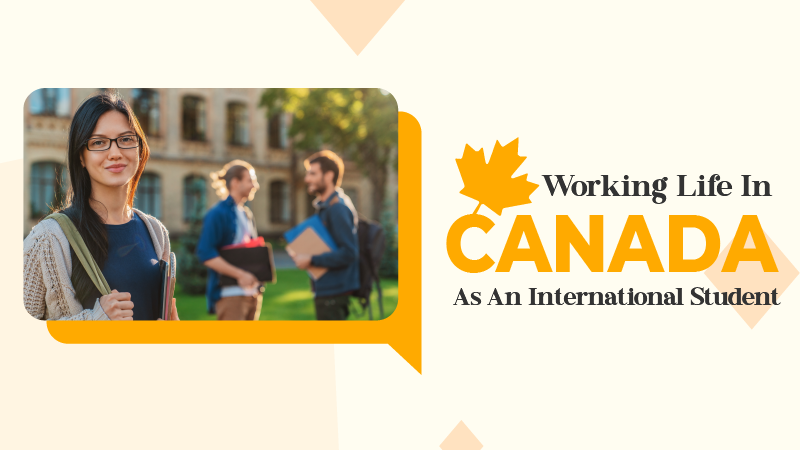
The High Commission of Canada in India warned students that they are not allowed to start working in the country till the academic session of their selected course officially begins. Studying in Canada sounds independent, but actual independent life begins when students start working and paying the course fee on their own.
According to a tweet, the High Commission of Canada in India said- Please note that while some study permits allow you to work in Canada, you can only start working when your study program has started-not before.
Can students work off-campus?
Yes, Indian students living and studying in Canada can work for companies or employees not located in their educational institution campus. Students can work more than one job in order to make up these hours as long as they continue to meet the requirements of a study permit. But students should remember that they can lose their student status by working more than 20 hours. If that happens, they may not be approved for a study or work permit in the future and may also have to leave the country.
Rules for students who work off-campus according to guidelines issued by Canadian immigration:
Students should hold a valid study permit and study full-time at a Designated Learning Institution (DLI).
Students should be enrolled in a post-secondary academic, professional or vocational training programme and can also go for off-campus jobs.
Students should be enrolled in a secondary-level vocational training programme (only in Quebec) and are also allowed to work off-campus according to the rules mentioned in their study visa.
The programme chosen or selected by the students should be at least six months long, and it has to lead to a diploma, certificate, or degree.
International students must have a Social Insurance Number (SIN) to get work or a job in the country.
Students on authorised leave from studies, switching schools, or not studying will not be allowed to work off campus.
On-campus rules and regulations:
Students should keep in mind that students can only work in the buildings directly owned and related to the educational institutes. If the Designated Learning Institute (DLI) has more than one campus, the students may only work at the campus where students are studying in most cases.
Indian students must have a valid study permit and Social Insurance Number (SIN) to get work in the country. The students should be enrolled as full-time post-secondary students at a public post-secondary school, college, university, trade or technical school, or CEGEP in Quebec- a private post-secondary school in Quebec that functions under the exact rules as public schools in Quebec.
Students can also be enrolled at private or public secondary or post-secondary institutions in Quebec, delivering qualifying programs of 900 hours or longer leading to an (AVS) attestation of vocational specialization or (DVS) diploma of vocational studies.
Many on-campus employers provide suitable student jobs, such as student organisations, schools, faculty members, or private contractors offering on-campus services to the school.
Working as a student intern:
Many educational institutions or study programmes include work experience in their curriculum. International students are free to apply for a co-op or intern work permit if:
If students have a valid study permit.
If work experience is needed to complete the study programme in Canada.
If a student holds a letter from their school that confirms all students in the programme must complete work placements to obtain their degree.
The co-op placement or internship totals 50% or less of the study programme.
Students taking French or English as a second language (FSL/ESL), general interest courses, or courses to prepare for another study programme can go for co-op work.
Post Graduation Work Permit (PGWP)
The Post-Graduation Work Permit (PGWP) is a work permit for students that allow them to work temporarily and even live permanently in Canada after they graduate from their courses or studies.
Eligibility criteria for a PGWP:
International students should have completed their studies in a vocational, academic, or professional training programme. The programme should be at least eight months long at a Designated Learning Institution (DLI).
The study programme should have led to a diploma, certificate, or degree.
Candidates should have full-time student status in Canada during their academic semesters of the programme of the study completed and incorporated as part of the post-graduation work permit (PGWP).

EShort / February 16, 2024
IMS Noida Admissions 2024: Apply for UG, PG programmes

EShort / February 16, 2024
GATE 2024: Response sheet out

EShort / February 16, 2024
BSSTET 2023: Admit card released

EShort / February 16, 2024
NID DAT 2024: Prelims result released

EShort / February 16, 2024
IIT JAM 2024: Response sheet released
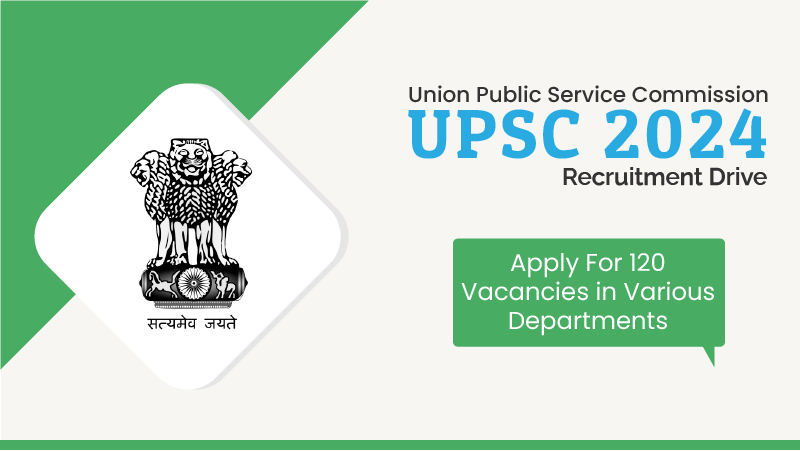
Jobs / February 16, 2024
UPSC Recruitment Drive 2024: Apply for 120 vacancies in various departments

EShort / February 14, 2024
UPSC CSE 2024: Official Notification issued; application process begins

Editor's Desk / April 17, 2020
How Does Society Impact Our Education?

Current Affairs / April 22, 2020
Mr. Sudarsanam Babu appointed to U.S. Science Board.
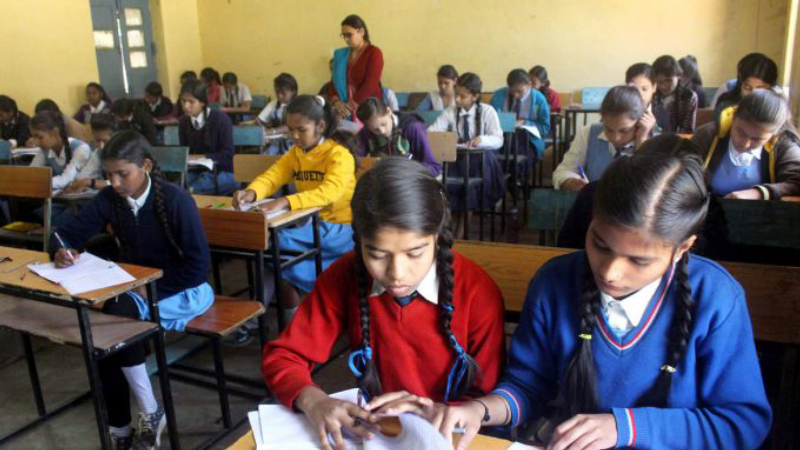
Reforms / April 17, 2020
Traditional Structure of Education In India
.jpg)
Events & Seminars / April 17, 2020
PISA!!
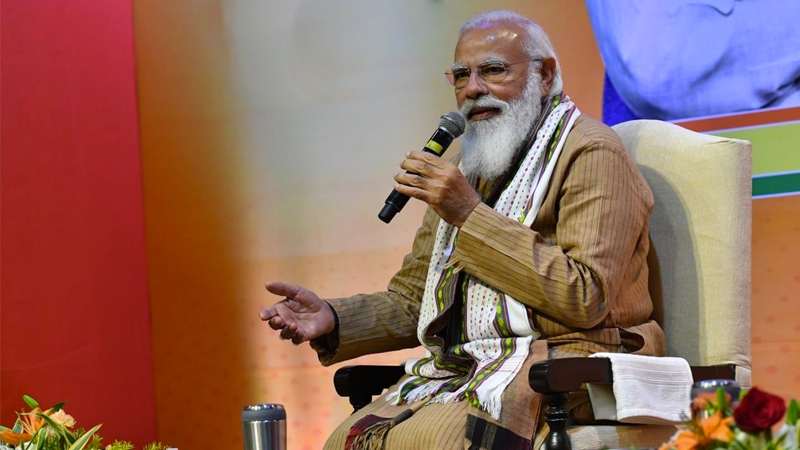
Blog / February 26, 2021
Government's Action On #ModiRojgaarDo

EShort / May 19, 2022
CUET PG 2025 has started the registration process.

Notice Board on Important Dates / April 21, 2020
World Heritage Day

News / July 08, 2021
JEE Mains Registration For Session 3: Last Date To Apply

EShort / December 14, 2021
UPSC Declared Final Result For DCIO Recruitment



 Program 2024 for Financially Disadvantaged Students-02.png)


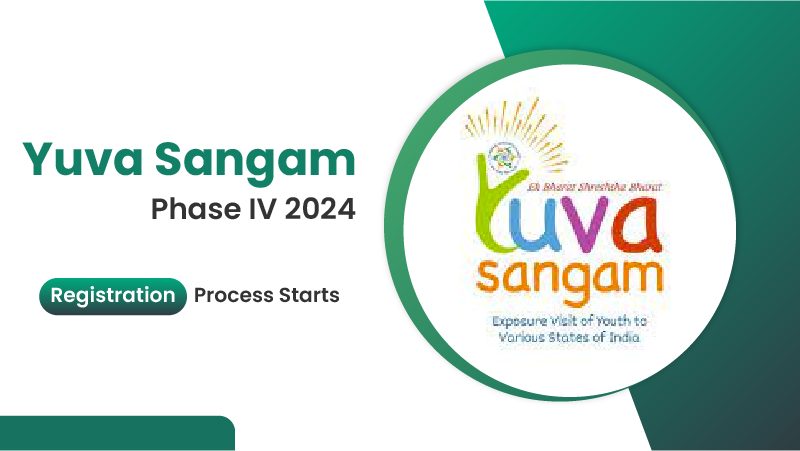
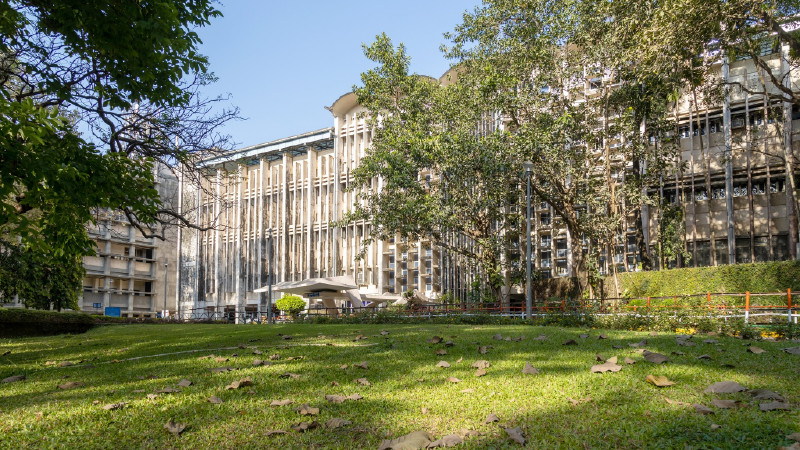




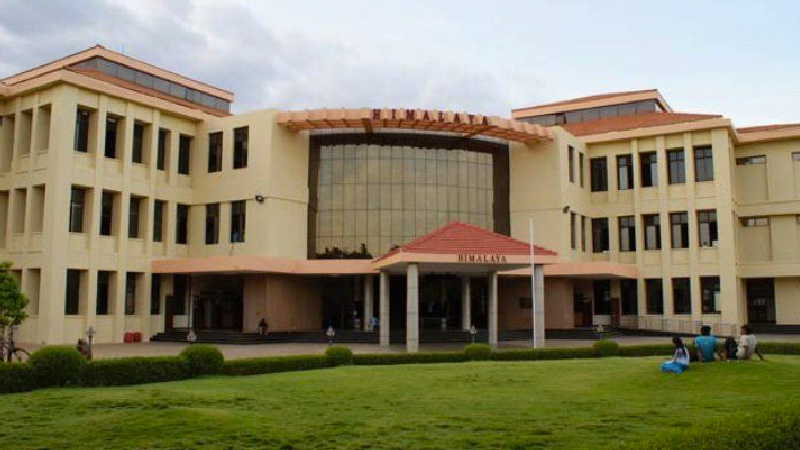
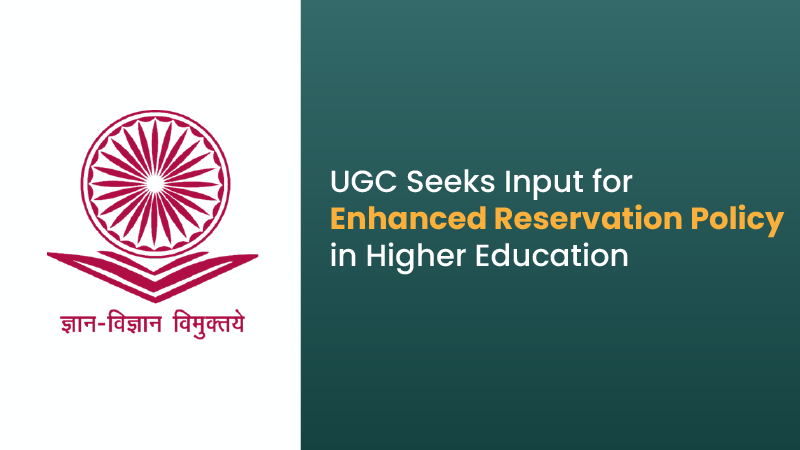

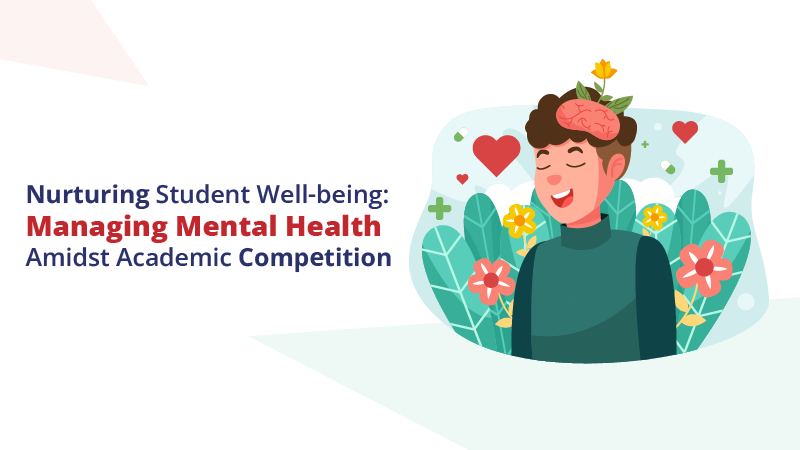
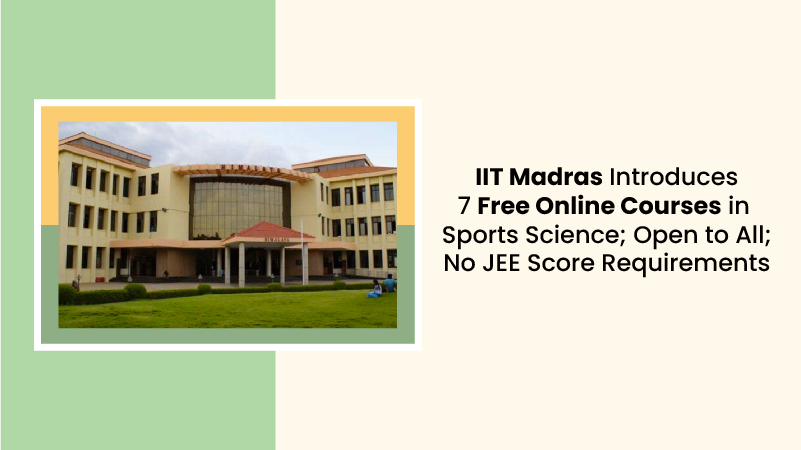
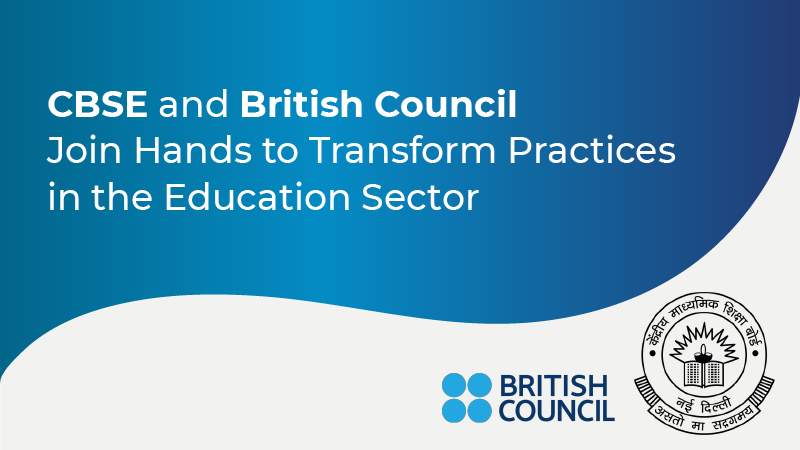

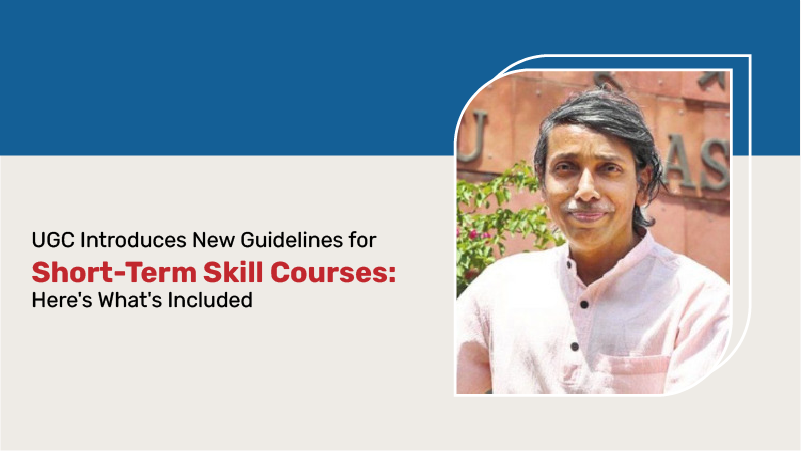
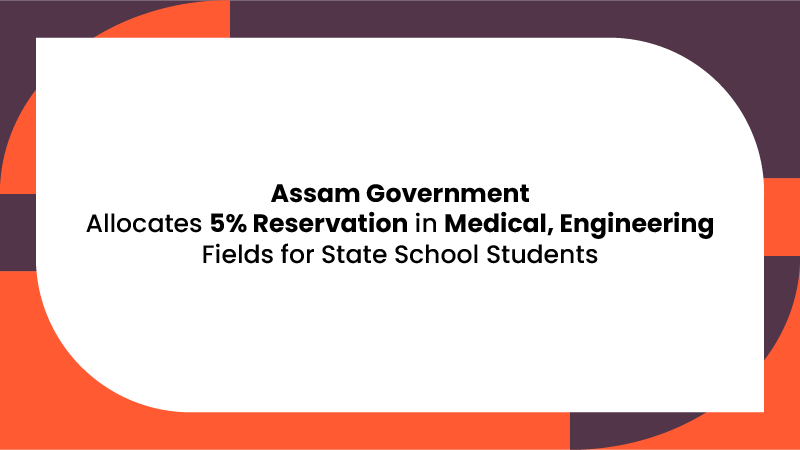

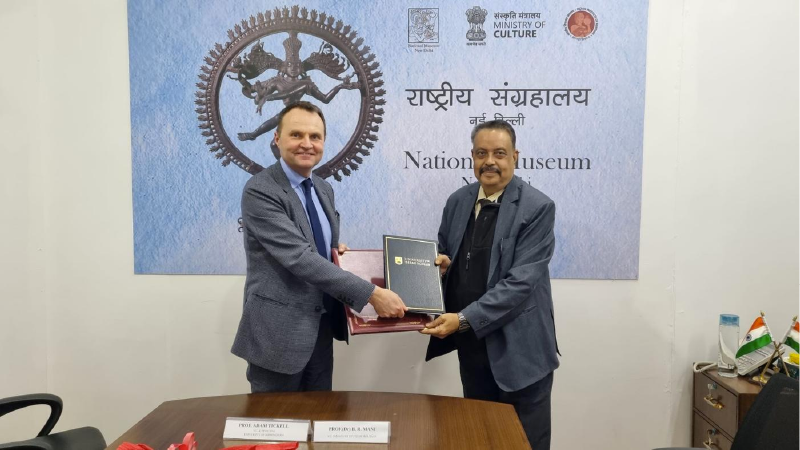
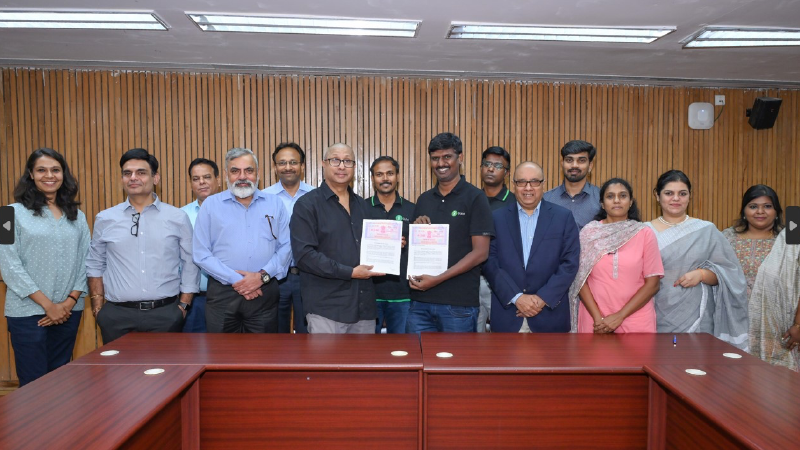
0 Comments
Post Comments